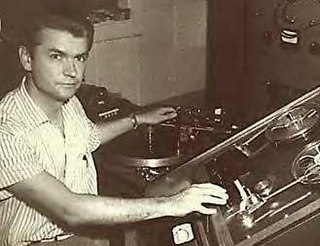
Samuel Cornelius Phillips was an American disc jockey, songwriter and record producer. He was the founder of Sun Records and Sun Studio in Memphis, Tennessee, where he produced recordings by Elvis Presley, Roy Orbison, Jerry Lee Lewis, Carl Perkins, Johnny Cash, and Howlin' Wolf. Phillips played a major role in the development of rock and roll during the 1950s, launching the career of Presley. In 1969, he sold Sun to Shelby Singleton.
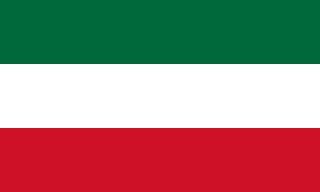
National Patriots' Day is a statutory holiday observed annually in the Canadian province of Quebec, on the Monday preceding 25 May. The holiday was established by the Lieutenant Governor of Quebec-in-Council in 2003, according to the Parti Quebecois premier Bernard Landry: "to underline the importance of the struggle of the patriots of 1837–1838 for the national recognition of our people, for its political liberty and to obtain a democratic system of government." Before 2003, the Monday preceding 25 May of each year was unofficially the Fête de Dollard, a commemoration initiated in the 1920s to coincide with Victoria Day, a federal holiday occurring annually on the same date.

Pierre Falardeau was a Canadian film and documentary director, pamphleteer and noted activist for Quebec independence.
Opération Nez rouge, founded in 1984, is an escorting service offered in Quebec and several francophone countries, including Switzerland, as well as other places in Canada using both the French name and Operation Red Nose during the Christmas holiday season.
Érik Canuel was a Canadian film and television director from Montreal, Quebec.

Claude Poirier is a negotiator and crime reporter for the Quebec-based Canadian French-language television network TVA. He is best known for negotiating with suspects during hostage situations.
Charles Hindelang was a French-born military man who fought for the independence of Lower Canada. For these actions, he was hanged by the British authorities. Born in Paris, he also had a Swiss heritage and was a Calvinist.
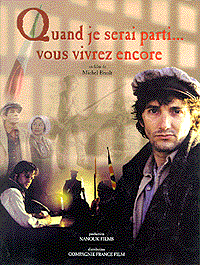
The Long Winter is a 1999 Quebec historical drama film. Directed by Michel Brault, it is a partly fictionalized account of the Lower Canada Rebellion of 1837 and 1838 which sought to make Lower Canada, now Quebec, a republic independent from the British Empire.
February 15, 1839 is a 2001 Quebec historical drama film. Directed by Pierre Falardeau, it is about the incarceration at the Pied-du-Courant Prison and the execution by hanging there of Patriote participants of the Lower Canada Rebellion. Those rebels sought to make Lower Canada, now Quebec, a republic independent from the British Empire.
Julien Poulin was a Canadian actor, film director, screenwriter and film producer. He has portrayed numerous roles in several popular Quebec films and series.
Yves Simoneau is a Canadian film and television director.

Pedro Miguel Arce was a Nicaraguan film and television actor based in Canada. He was known for his roles in Land of the Dead and Get Rich or Die Tryin', as well as television appearances in CSI: Miami and How I Met Your Mother.
Pierre Lebeau is a Canadian actor. He is best known for major roles in Quebec big-box movies such as Séraphin: Heart of Stone and the four-part Les Boys series.
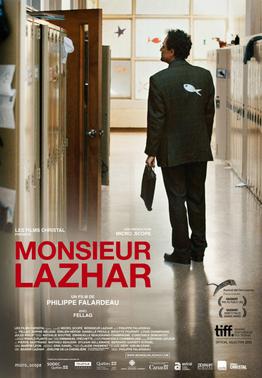
Monsieur Lazhar is a 2011 Canadian French-language drama film directed by Philippe Falardeau and starring Mohamed Saïd Fellag, Sophie Nélisse and Danielle Proulx. Based on Bashir Lazhar, a one-character play by Évelyne de la Chenelière, it tells the story of an Algerian refugee in Montreal who steps in to teach at an elementary school after the former full-time teacher dies by suicide.

Stéphane Breton is a Canadian actor. He graduated from the Conservatoire d'art dramatique de Montréal in 1996.
Christian Larouche is a Canadian film and television producer from Quebec. He is most noted as producer of the film Louis Cyr , which was the winner of the Jutra Award for Best Film at the 16th Jutra Awards in 2014.
The Prix Luc-Perreault, formerly known as the Prix L.-E.-Ouimet-Molson, is an annual Canadian film award, presented by the Association québécoise des critiques de cinéma to a film deemed to be the best film of the year from Quebec, from among the films screening at that year's Rendez-vous Québec Cinéma.
The Party is a Canadian drama film, directed by Pierre Falardeau and released in 1990. Loosely based on the prison experiences of convicted Front de libération du Québec terrorist Francis Simard, the film centres on the annual party at the St. Vincent de Paul penitentiary in Laval, Quebec, where a group of prison inmates get to enjoy outside entertainment.
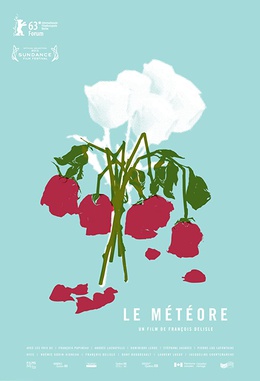
The Meteor is a Canadian dramatic docufiction film, directed by François Delisle and released in 2013. The film centres on the experiences of Pierre, a man who is serving a 14-year prison sentence for manslaughter after accidentally killing a woman while driving under the influence, and his interactions with his mother, his ex-girlfriend Suzanne, a prison guard and a cellmate.








